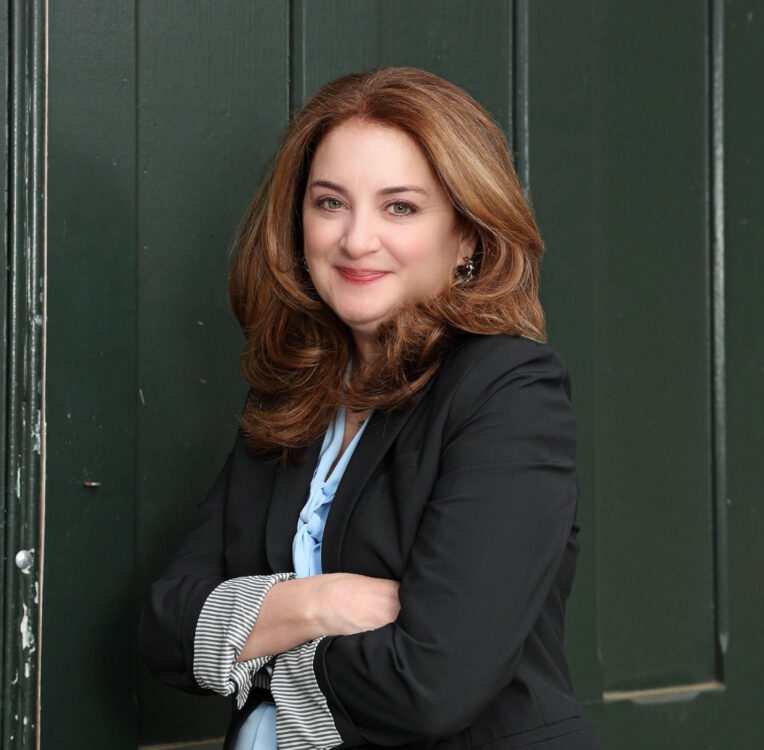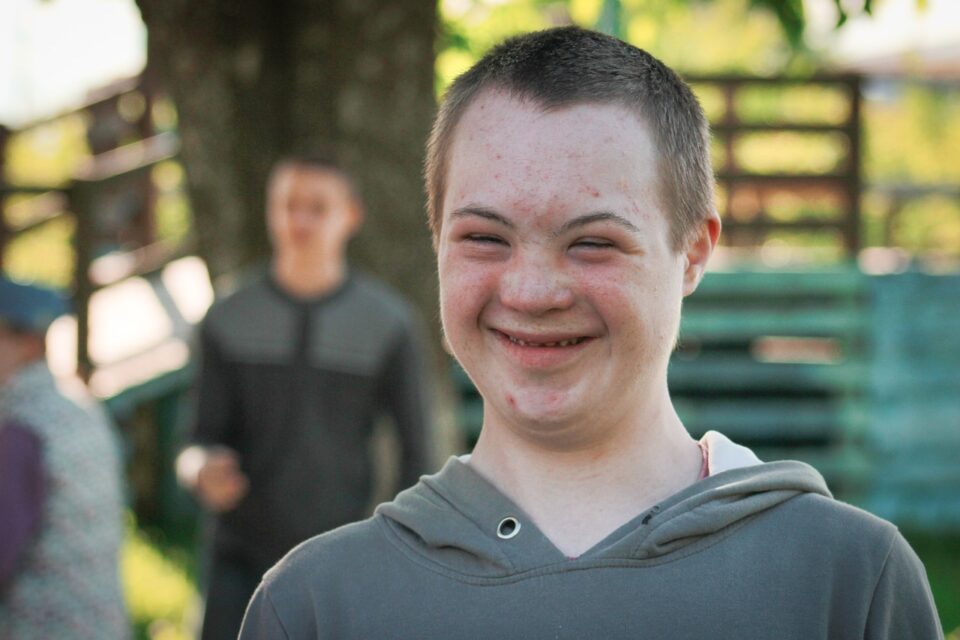
NJ Ed Department Says It’s Serious About Punishing Districts That Don’t Adhere to New Sex Ed Standards
September 20, 2022
Want to Stem the Teacher Shortage? Start Trusting Our Great Educators
September 21, 2022New Jersey Residents Overwhelmingly Support the New Health and Sexual Education Standards—But Not For Elementary School Students
As New Jersey’s new health and sexual education standards take effect, large majorities of Garden State residents are in favor of such content being taught in middle (71 percent) and high school (88 percent) but are pretty evenly divided when it comes to elementary school, according to the latest Rutgers-Eagleton Poll.
Forty-six percent favor having health and sexual education taught to elementary school students, while 51 percent oppose it.
An emphasis on “age appropriateness” makes little difference; when this phrase is included in the question, similar numbers favor health and sexual education in each level of schooling as they did without the additional wording.
“Sex ed has become a major flashpoint this year in New Jersey, especially now as midterm elections approach,” said Ashley Koning, an assistant research professor and director of the Eagleton Center for Public Interest Polling (ECPIP) at Rutgers University–New Brunswick. “Within the state, the issue is echoing the broader, national narrative of sharp partisan division over things like sex, gender and reproductive rights. Yet, according to these numbers, those who have been most vocal in New Jersey do not necessarily reflect a majority of residents’ – or even parents’ – views.”
Sixty-three percent of New Jerseyans believe the content of health and sexual education courses should all be the same throughout the state, while 33 percent feel each district should be allowed to decide the content of their courses.
Sixty percent think parents should have the option of keeping their children out of health and sexual education classes, whereas 37 percent think every student should have to take them.
“Sex education has historically had support among New Jerseyans when it comes to middle and high school, but interestingly, the desire for a standardized curriculum, as well as parental choice, have increased by double digits since 1980,” said Koning. “The salience of the issue and deep partisan divides in today’s political climate, along with solid support from independents on having standardization yet also parental choice, are likely responsible for these notable increases.”
Parents and guardians feel about the same as residents overall when it comes to sex education in terms of when it should be taught and if it should be standardized throughout the state. Parents and guardians are much more likely than nonparents, however, to say parents should be able to opt their child out of it – 70 percent versus 56 percent, respectively.
Unsurprisingly, there are stark partisan differences on sex education as well. When it comes to teaching it in elementary school, a majority of Democrats favor it (69 percent), while independents (56 percent) and especially Republicans (83 percent) oppose it. Republicans are slightly more likely to oppose teaching sex education in middle school than support it (55 percent to 41 percent, respectively). A majority of Republicans, on the other hand, favor teaching it in high school (70 percent), but to a lesser extent than do independents (87 percent) or Democrats (98 percent).
Republicans are more split when it comes to whether curriculums should be standardized throughout the state (50 percent supporting standardized versus 45 percent saying individual districts should decide), whereas Democrats and independents are much more in favor of standardization (69 percent and 64 percent, respectively). Nearly nine in 10 Republicans (87 percent) want parents to have the choice to keep their child out of health and sexual education classes, compared with 44 percent of Democrats and 61 percent of independents.
“It remains to be seen who can use this issue more effectively to rally their base and get voters to turn out for Election Day,” Koning said. “While public support for parental choice bodes well for Republicans, general favorability toward teaching sex ed – and the support for it from independents, in particular – does not.”
Women, Black residents, and people with higher levels of education also are more favorable of health and sexual education being taught in elementary school compared to their respective counterparts. These margins dissipate, however, when asked about middle and especially high school.
“Opposition to sex ed won’t play well with a key voting bloc like women, who are already dissatisfied with other issues like abortion this midterm cycle,” said Jessica Roman, a research associate at ECPIP.
Results are from a statewide poll of 1,006 adults contacted by live interviewers on landlines and cell phones from Aug. 30 to Sept. 8, 2022. The full sample has a margin of error of +/- 3.8 percentage points.




